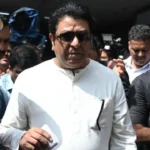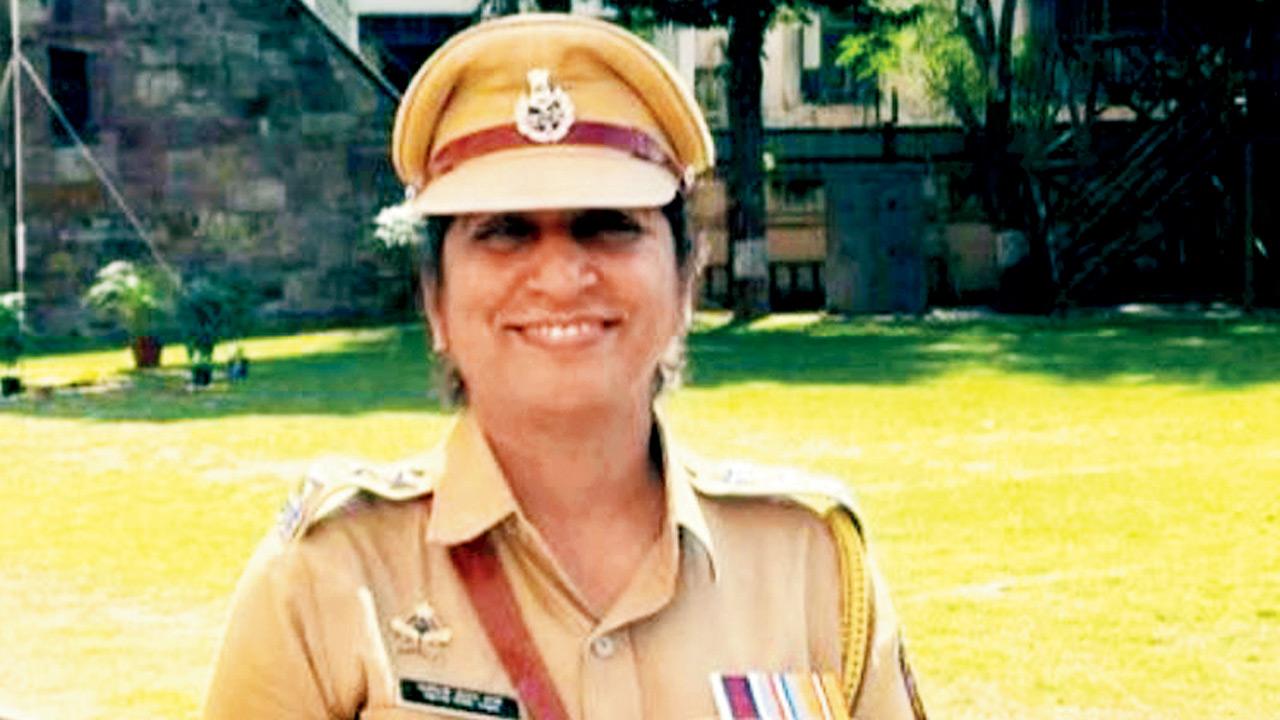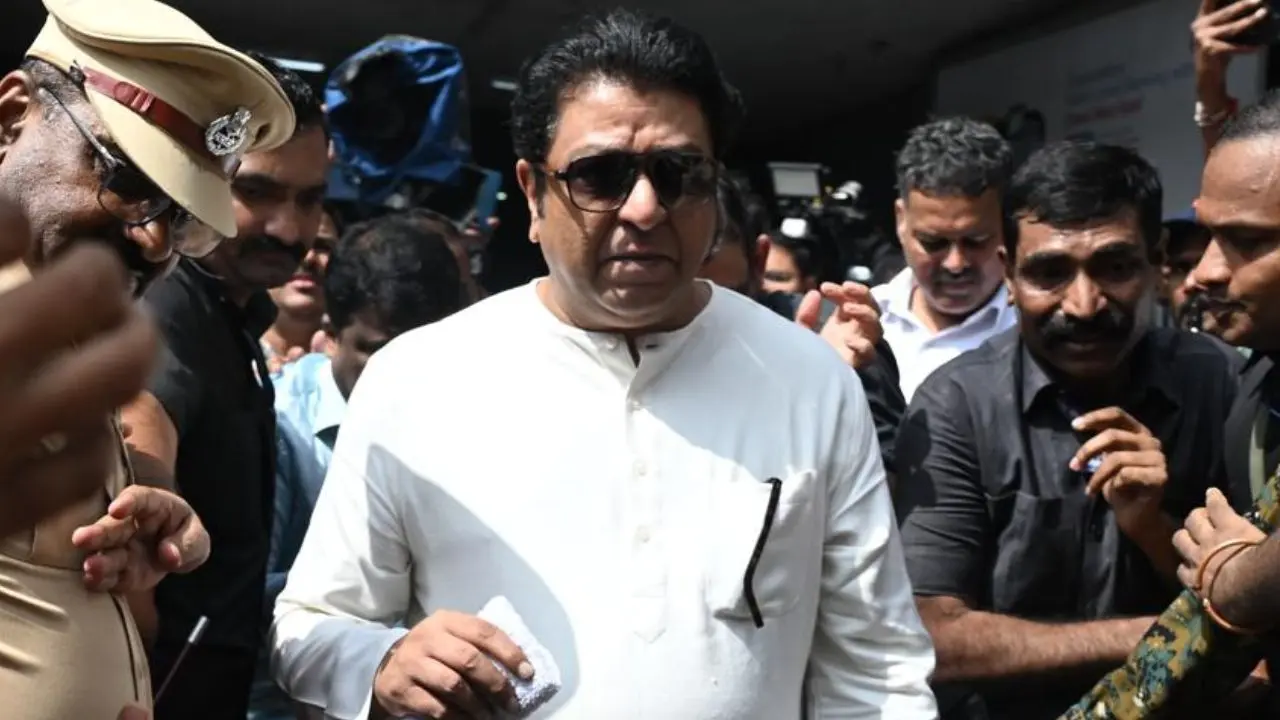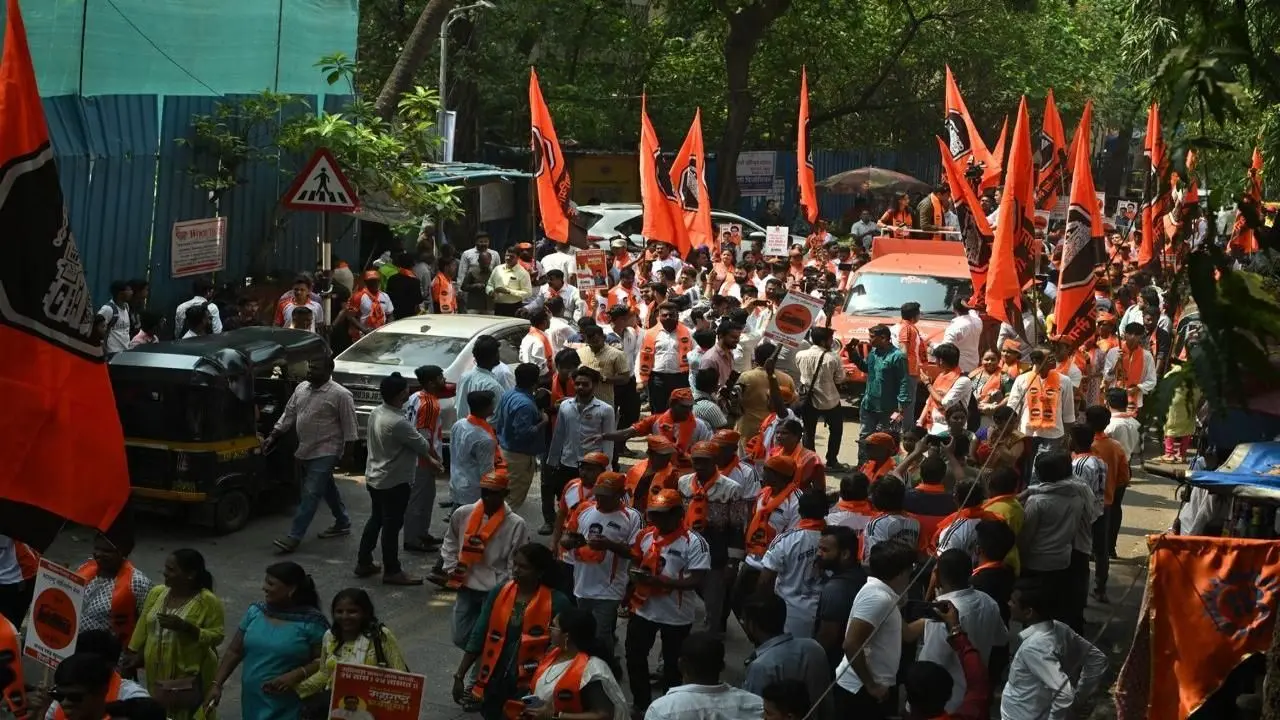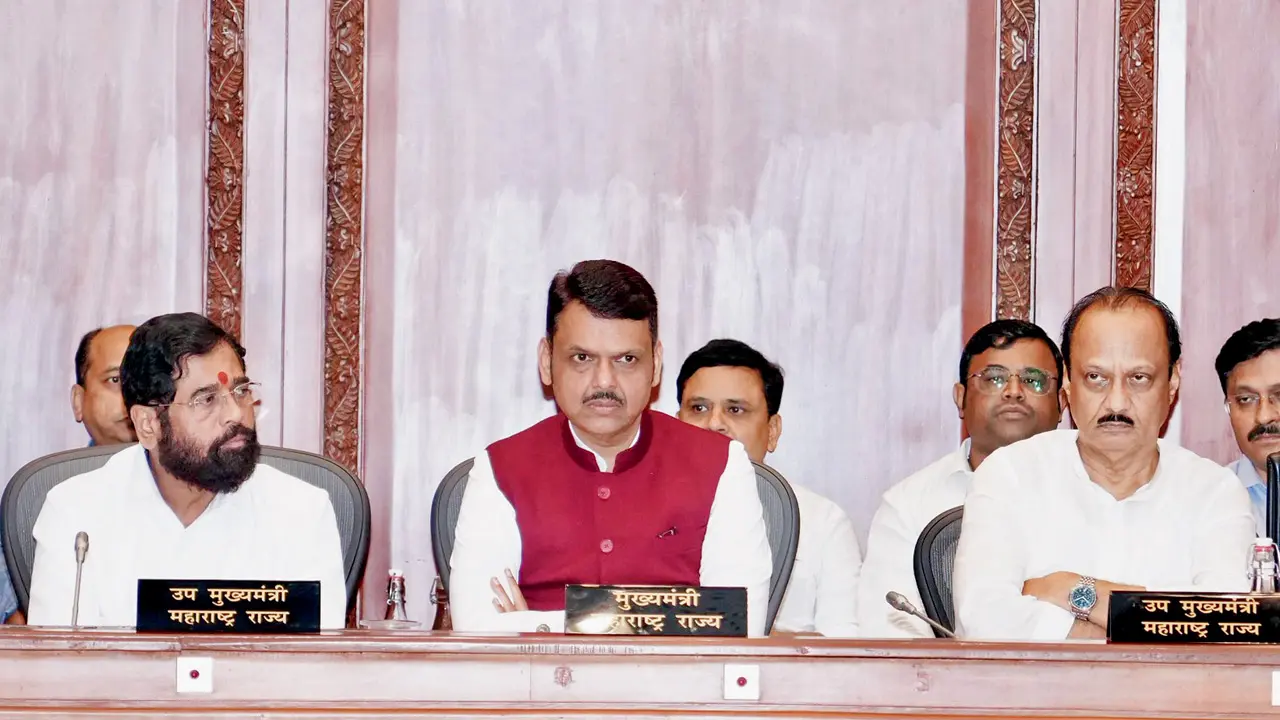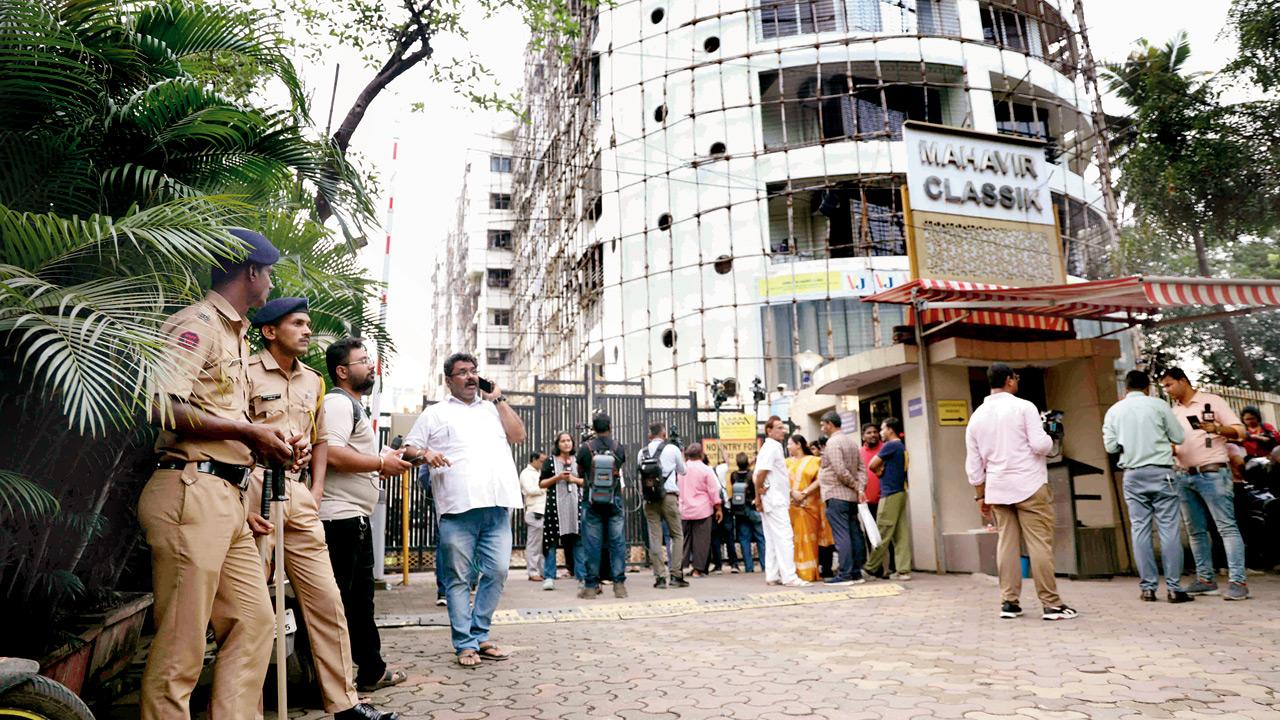In any hostage situation, negotiation is the key and is as important as the operation itself. In the Powai case, the one-and-a-half-hour negotiation conducted by the Mumbai Police with the accused must have definitely helped the operation in a big way,” ACP Shalini Sharma, who was Mumbai Police’s first trained negotiator, told mid-day. ACP Sharma, who has been posted in Nagpur for the past two years, continues to share her experience and expertise with young officers.
ACP Shalini Sharma, Mumbai Police’s first trained negotiator trained by Scotland Yard. File pic
“In a hostage situation, negotiation holds the same importance as the operation. Through negotiation, one can prevent untoward incidents, counsel, and persuade the accused to back down, understand their demands, and identify them. It also supports the overall operational strategy and helps in understanding the psychology of the accused — which is the most vital part of negotiator training,” Sharma said. “Every negotiation is about empathy, patience, and trust. Whether it’s a terrorist, a protester, or a distressed citizen, the goal remains the same — to save lives,” she added.
26/11 to Scotland Yard
Back in 2008, the Mumbai Police had no trained negotiators. During the 26/11 terror attacks, terrorists had taken several foreign nationals hostage, and with no counsellors or negotiators in the police force, handling the situation became extremely difficult. Recognising this gap, the force decided to send Sharma, then an assistant police inspector serving as Mumbai Police’s liaison officer with Interpol, to London for specialised training. Sharma was selected from among 12 officers by a panel headed by then Joint Commissioner of Police (Crime) Himanshu Roy.
Police personnel keep vigil at the site in Powai where 17 people were rescued area after the man who had held them hostage succumbed to bullet injuries sustained during the operation. PIC/PTI
She underwent a two-month course in Hostage Negotiation and Crisis Management at New Scotland Yard, London, as part of the 124th batch, and returned to Mumbai in May 2010. “The training was not limited to terror-related hostage cases; it also covered domestic violence, suicide prevention, and emotional counselling. The training is based on one simple principle — saving a life,” Sharma said.
Training Gen Next
After returning, Sharma began training other officers. “In 2011, we used to conduct two-week negotiation drills with a 14 to 15-member team,” she recalled. Sharma also trained officers of the National Security Guard (NSG) and Anti-Terrorism Squad (ATS) in 2014 and 2022, helping Mumbai Police build a pool of trained negotiators for crises.
In action
Over the years, ACP Sharma has handled several life-threatening situations through dialogue and patience. In 2017, a 32-year-old lawyer climbed to the 18th floor of an under-construction building in Wadala, threatening to jump to her death. When initial police efforts failed, Sharma was called in from Chembur around 12.30 pm. For nearly three hours, she maintained a calm conversation with the woman, finally persuading her to step away from the edge around 3.30 pm.
“The woman was depressed because her marriage was not materialising, and she felt hopeless. Continuous counselling helped her open up, and eventually, she agreed to come down,” Sharma said. The woman was later taken to KEM Hospital and reunited with her family. In another case, in 2012, a 17-year-old girl in Kherwadi had locked herself on the terrace after a quarrel with a friend. Sharma once again spent nearly three hours negotiating and managed to save her life. Later, during the Citizenship Amendment Act protests in Nagpada, Sharma mediated with agitating groups, convincing several protesters to end their sit-in peacefully.

